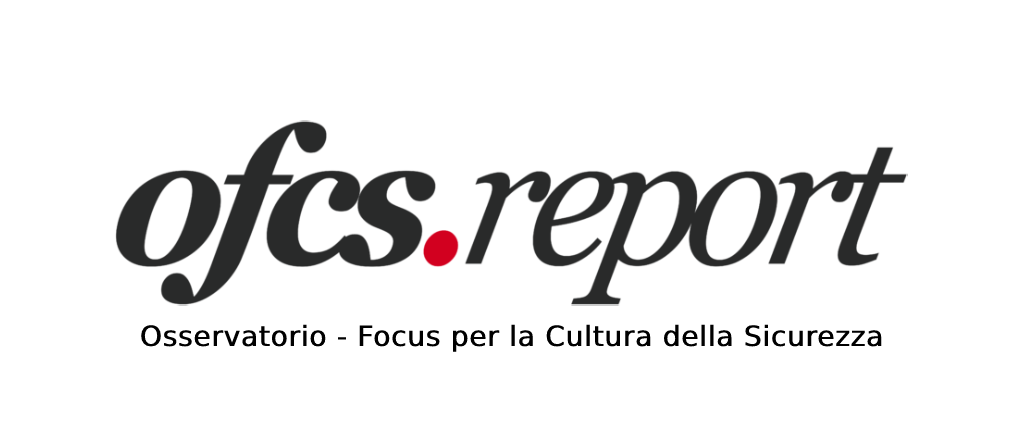Bloody Oil: How Chevron Fuels Repression in Venezuela.
The recent hearing in the United States Congress has highlighted the commercial ties between Chevron and Nicolás Maduro‘s regime in Venezuela. This event, organized by Representative María Elvira Salazar, aims to analyze the business licenses held by the American company and their effect on the political and economic context of the South American country.
Since Maduro came to power, his government has relied on international assistance, particularly from nations like China, Russia, and Iran. However, agreements with Chevron have provided a vital source of income, allowing the regime to stay afloat despite global isolation. The Biden administration, aware of this situation, is considering suspending these licenses to force a dialogue between the regime and the opposition.
During the hearing, representatives from the Department of State and the U.S. Agency for International Development (USAID) presented their views on how Chevron’s operations may be strengthening a government accused of human rights violations and electoral fraud. The company acts as an economic support that, while providing vital resources, also allows Maduro to intensify repression against the population. The income derived from oil facilitates the financing of a repressive apparatus that stifles citizens’ freedoms.
Maduro’s regime uses the money it receives from oil sales to Chevron for various crucial purposes. According to the U.S. Department of the Treasury, these licenses are necessary for a wide range of energy activities, including investments, imports and exports, gas and oil exploration, and contracting and payments. In reality, a significant portion is allocated to financing the repressive apparatus, ensuring control over the opposition and dissent. This includes the purchase of military equipment and funding for intelligence operations. Additionally, although the government faces a severe economic crisis, resources are used for subsidies and social programs aimed at maintaining some level of popular support, although these efforts are generally insufficient to meet the basic needs of the population.
Another important aspect is the payment of external debts. Oil revenues are used to meet debt commitments, especially to countries that have supported the regime, such as China and Russia. Furthermore, Venezuela has a significant external debt with the United States, estimated in the billions of dollars, largely due to loans and obligations from the state oil company Petróleos de Venezuela Sociedad Anónima (PDVSA). This situation further complicates the country’s diplomatic and economic relations, as the failure to meet these debts has led to additional sanctions and restrictions from the United States. Moreover, the money is employed to attempt to stabilize the economy, facilitating imports of food and medicine, although shortages remain a critical issue.
Chevron’s production of 200,000 barrels of oil per day constitutes a considerable percentage of Venezuela’s exports and government revenues. This constant flow of resources not only supports the regime but also allows it to increase its control over society. Therefore, the possible suspension of the license could trigger serious economic consequences, although it could also serve as a turning point towards the necessary political change.
Chevron maintains that its presence in the country aims to boost economic development and job creation, distancing itself from local politics. However, this claim becomes complicated when considering that its activities contribute to the financial stability of a government that suppresses its opponents and restricts fundamental freedoms.
The strategy of promoting and expanding Chavismo’s 21st Century Socialism depends entirely on financing of hundreds of billions of dollars. Venezuela today is the only provider of free oil for Cuba and other Caribbean countries, as examples. While the United States supports oil companies in Venezuela with licenses and concessions for their operations, Venezuela maintains its support with free oil to Cuba. This is very similar to the times when Chávez supplied free fuel to thousands of low-income citizens in New York. If a dependency is created, the supplier sets the rules.
In this context, the arrival of figures such as elected president Edmundo González Urrutia and María Corina Machado becomes particularly relevant. Both have advocated for the restoration of democracy in Venezuela and emphasized the need to dismantle Maduro’s regime. González Urrutia has proposed a comprehensive approach that includes promoting inclusive dialogue and recovering democratic institutions, while Machado has been a strong voice in the fight for human rights and social justice. Their positions reflect a collective yearning for change that allows the Venezuelan population to regain their freedoms and dignity. We cannot forget that the Venezuelan opposition has played by the established rules under negotiations held in Mexico, Qatar, and Barbados, all under negotiations supervised by the U.S. government.
In summary, the situation of Chevron in Venezuela highlights the complex interplay between the business, political, and human rights spheres. Strategically speaking, U.S. interest in Venezuela’s oil production goes far beyond the pockets of private industry. On one hand, oil revenues maintain relative social economic stability and prevent strategic competitors like
Russia and China from occupying a potential vacuum caused by the United States in a supposed exit. The decision made by the United States Congress will not only impact the company itself but will also have significant implications for the struggle for democracy and social justice in a country facing a severe crisis. The international community is closely watching how this situation unfolds, where economic interests must be carefully balanced with support for democracy and respect for human rights, especially in a context where an oppressive regime is sustained by these very resources. Collaboration between leaders like González Urrutia and Machado could be fundamental in charting a path toward a more hopeful future for Venezuela
By: William L. Acosta NYPD (Ret)
Jesús D. Romero USN (Ret)





